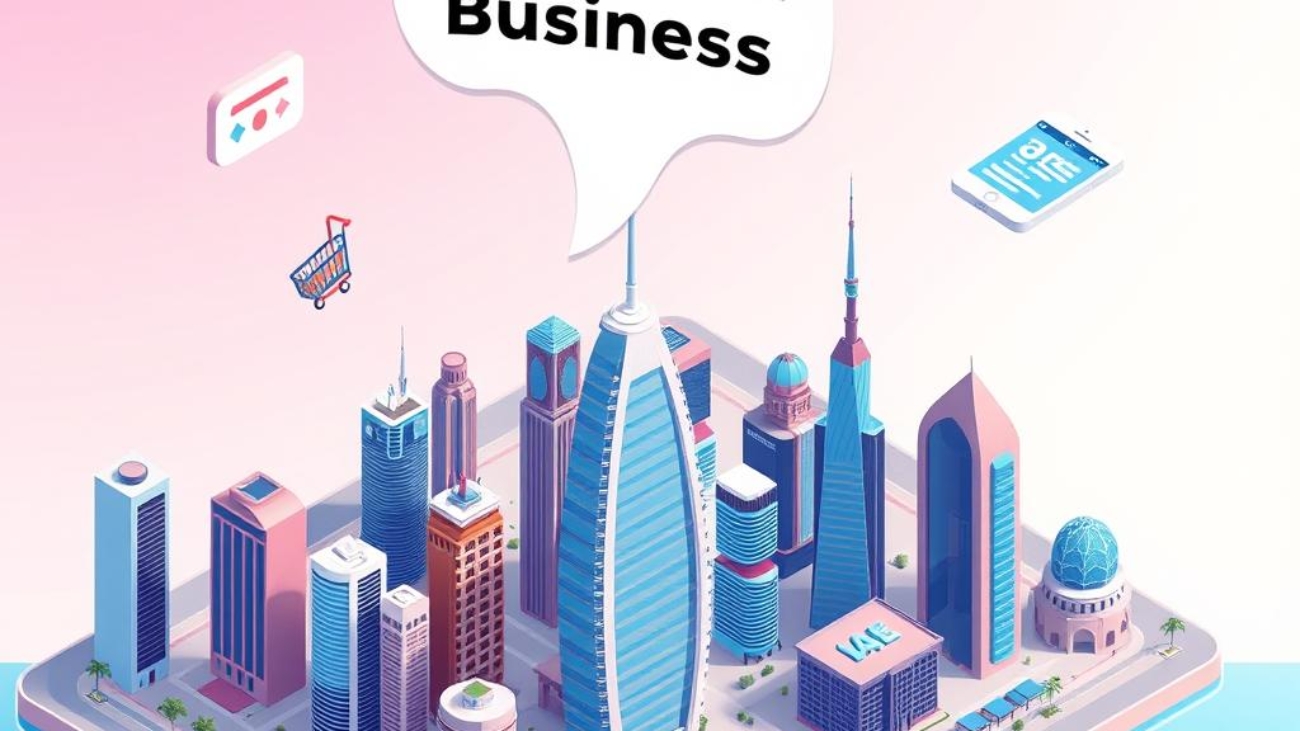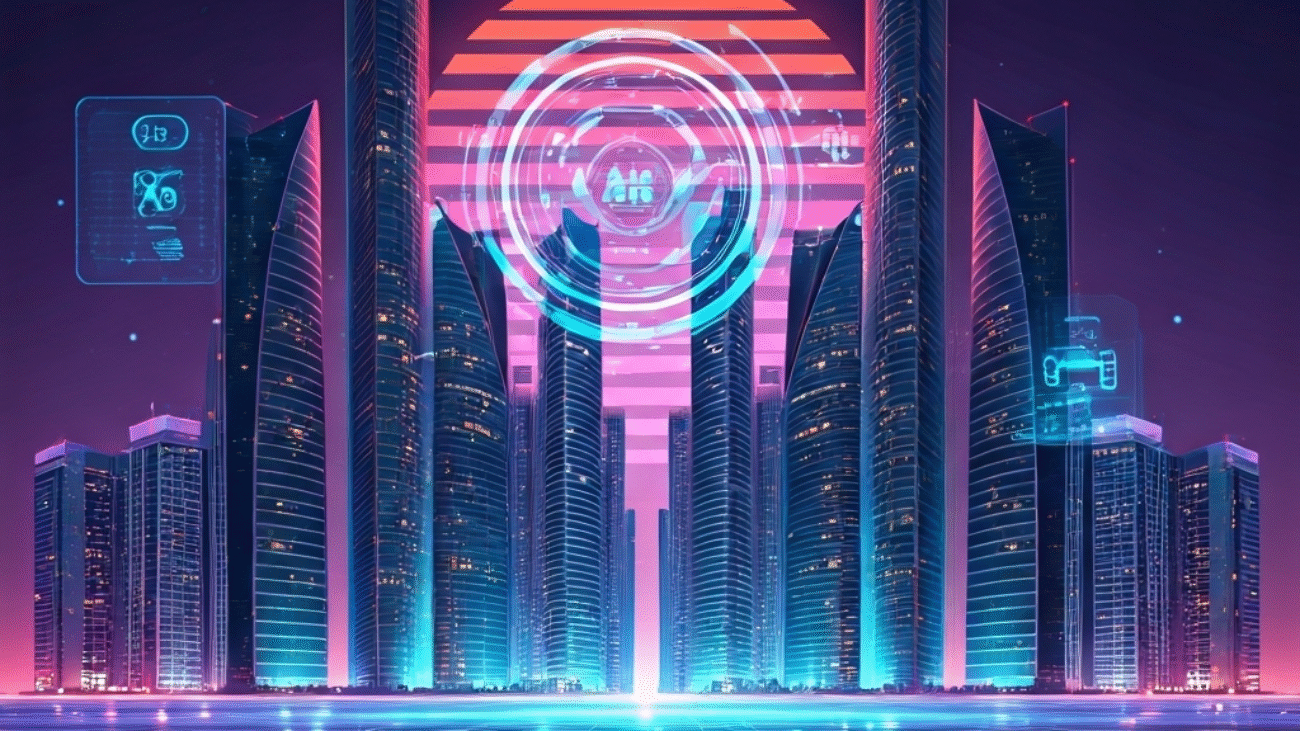In a digital-first economy like the UAE, having a website or mobile app is no longer enough. Today’s consumers expect intelligent, responsive, and personalized digital experiences—and AI is the key to delivering them. From smart recommendations and predictive analytics to automated support and natural language search, AI-powered web and app development is giving UAE businesses the edge they need to stand out in a highly competitive, tech-savvy market.
1. Smarter User Experiences Through Personalization
AI enables businesses to analyze user behavior in real time and dynamically adapt content and interfaces.
- Personalized Recommendations: E-commerce platforms like Noon and Namshi use AI to suggest products based on browsing history, demographics, and purchase behavior.
- Context-Aware Interfaces: Apps can adjust layouts, offers, or messages depending on location, time of day, or user intent—making the experience feel tailored and engaging.
- AI A/B Testing: Platforms can run real-time multivariate tests and adapt based on what performs best for each user segment.
This level of personalization boosts conversion rates, engagement, and loyalty.
2. Automated Customer Support That Never Sleeps
AI-driven chatbots and virtual assistants are now standard features in UAE apps and websites—especially in finance, retail, and travel.
- 24/7 Multilingual Support: Many UAE-based bots offer service in Arabic, English, Hindi, and more, catering to the nation’s diverse population.
- WhatsApp & Messenger Integration: Businesses increasingly deploy AI bots on social platforms where customers already spend time.
- Smart Escalation: AI triages queries and routes complex cases to human agents, improving response time and customer satisfaction.
This reduces overhead, shortens resolution times, and ensures round-the-clock availability.
3. Predictive Analytics & Decision Support
AI allows UAE businesses to turn data into actionable insights—fast.
- Customer Behavior Prediction: AI models can predict churn, upsell opportunities, or likely cart abandonments, enabling pre-emptive engagement.
- Sales & Demand Forecasting: Retailers and restaurants use AI to forecast inventory needs, reducing overstock and improving profitability.
- Dynamic Pricing: AI-based pricing engines adjust rates in real time based on demand, competition, and customer profiles.
This empowers businesses to make data-backed decisions that improve efficiency and profitability.
4. Voice & Visual Search Integration
UAE users are increasingly relying on voice assistants and visual search—and AI makes it possible.
- Voice AI: Integrate NLP-based search and commands for seamless user interactions, especially important in smart home, auto, and IoT-linked apps.
- Image Recognition: Retail and fashion brands use visual search so users can upload a photo and instantly find similar products.
- Accessibility Improvements: AI tools support users with visual, speech, or learning impairments—aligning with the UAE’s inclusion goals.
These features enrich the user experience and broaden accessibility.
5. Security, Fraud Detection, and Smart Access
AI enhances security while reducing friction for users.
- Facial Recognition & Biometrics: UAE apps—especially in fintech and travel—use AI for secure logins and identity verification.
- Anomaly Detection: AI flags suspicious user behavior or transactions, reducing fraud risk in real time.
- Behavioral Authentication: Instead of traditional passwords, AI can verify users by how they type, swipe, or navigate.
This helps businesses build trust while maintaining seamless usability.
6. Gaining a Competitive Edge in the UAE Market
With initiatives like the UAE Digital Economy Strategy and AI Integration in Government Services, businesses that adopt AI-first platforms gain:
- Faster market entry and scalability
- Alignment with national tech goals and funding opportunities
- Better user engagement and retention metrics
- Higher investor and partner confidence
In sectors like real estate, hospitality, healthcare, and education, AI-driven platforms are quickly becoming a competitive necessity.


